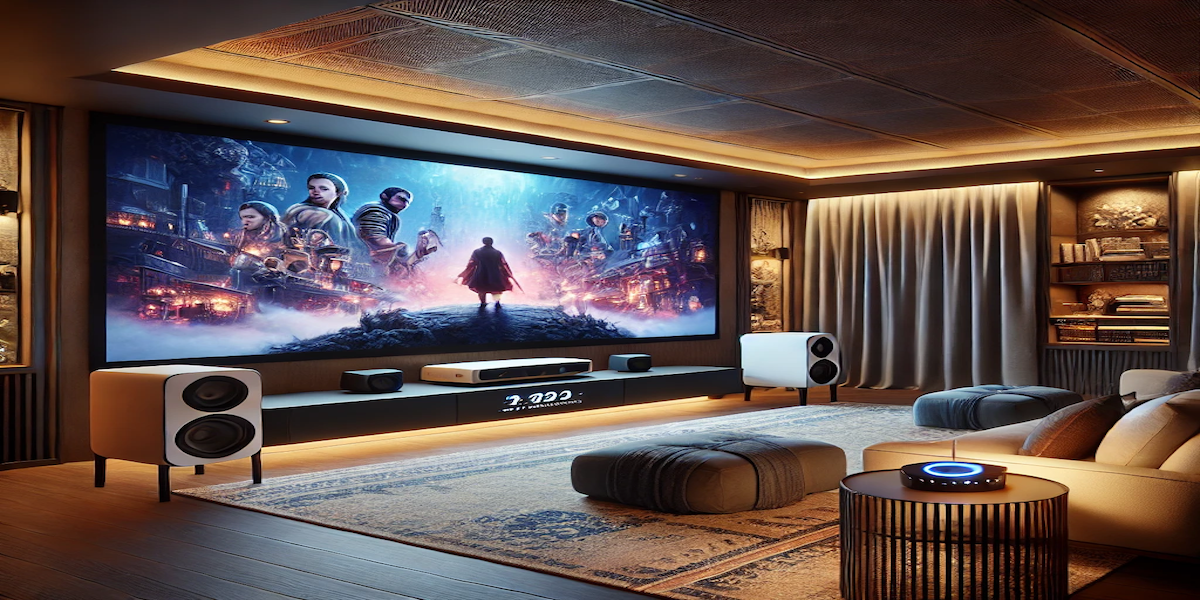When setting up a home theater, office presentation space, or an event venue, choosing the right projection screen can significantly impact your viewing experience. The right screen ensures crisp visuals, accurate colors, and an immersive experience. Here’s a detailed guide to help you make the best choice.
1. Determine the Screen Type
Projection screens come in various designs, each catering to different needs. Here are the most common types:
- Tripod Projection Screens – Ideal for portable and temporary setups, these screens are lightweight, affordable, and easy to set up.
- Floor Pull-Up Projection Screens – A compact and sleek alternative, best for small spaces and quick deployments.
- Fast Fold Projection Screens – Suitable for large events and outdoor projections, offering easy assembly with a sturdy frame.
- Motorised Floor Rising Projection Screens – Provides a modern touch with automatic operation, perfect for professional environments and home theaters.
2. Choose the Right Screen Size
The size of your screen should be proportionate to your room size and seating arrangement. Consider the following guidelines:
- For small rooms (up to 3m wide) – 80-inch screens work well.
- For medium-sized rooms (3m – 5m wide) – 100-inch screens offer a balance of clarity and immersion.
- For large spaces (5m and above) – 120-inch screens or larger create an expansive cinematic feel.
3. Consider the Ambient Light in Your Space
Lighting plays a crucial role in the visibility of projected images. If your space has a lot of ambient light, you might need a screen with ALR (Ambient Light Rejecting) technology, which enhances contrast and maintains image clarity. For darker environments, standard matte white screens perform well.
4. Screen Gain & Viewing Angle
- Screen Gain refers to how much light is reflected back to the audience. A higher gain (above 1.0) enhances brightness but narrows the viewing angle, while a lower gain provides better viewing angles but reduces brightness.
- Viewing Angle matters when multiple people are watching from different positions. Wider viewing angles are ideal for large audiences.
5. Purpose: Business vs. Home Entertainment
- Business Presentations & Conference Rooms – A motorized screen with a remote control makes presentations smooth and professional.
- Home Theaters – Opt for floor-rising or fixed screens with ALR coatings for the best cinematic effect.
- Outdoor & Event Use – Choose a fast fold screen for easy setup and portability.
By understanding these factors, you can confidently choose the right projection screen for your needs. Explore our premium selection to find the best fit for your space.

